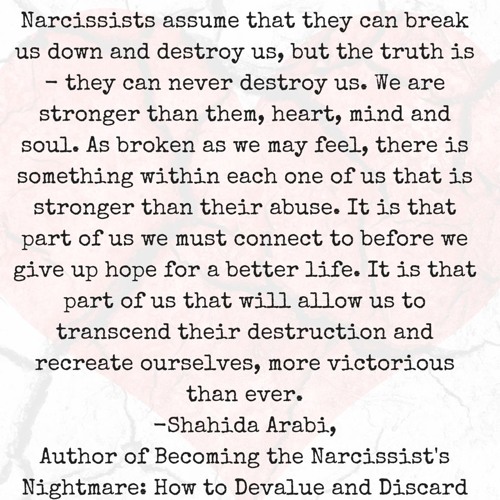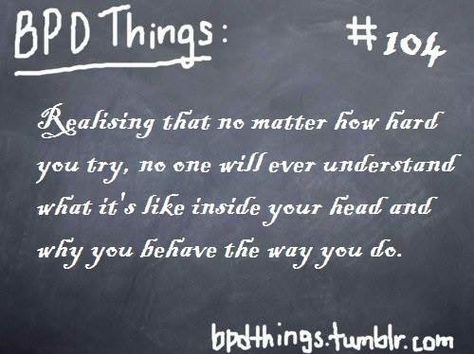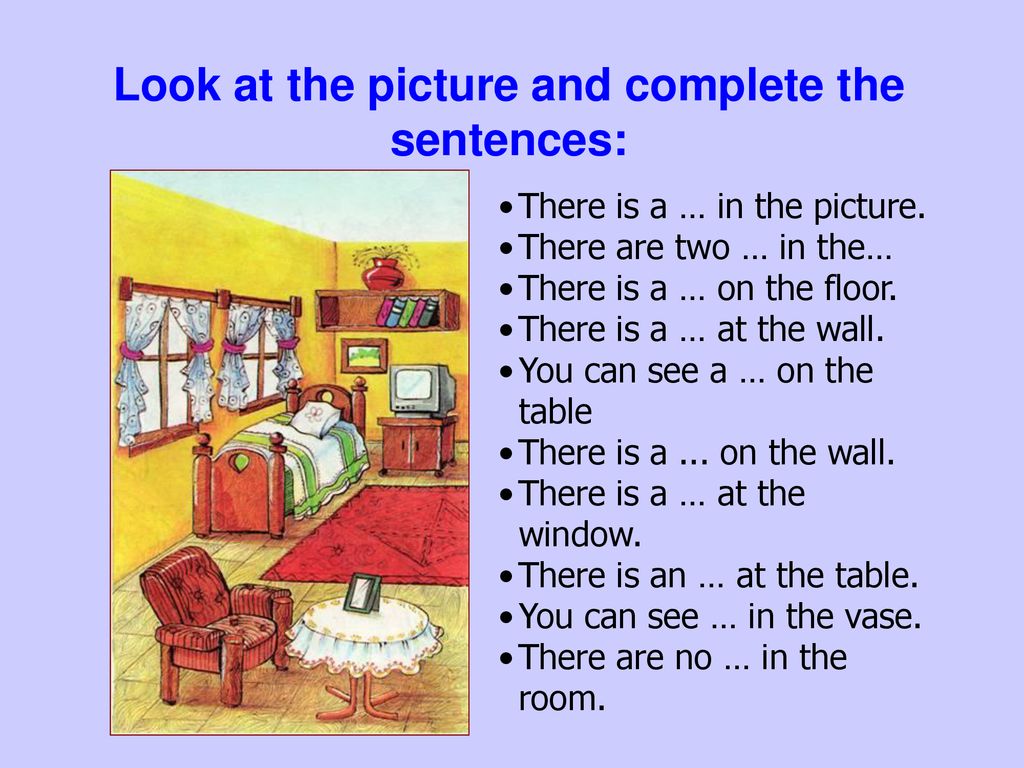Stop being critical
6 Easy Ways to Stop Criticizing and Improve Your Relationships
Do you frequently criticize your family, friends, or colleagues? Do you focus on their faults?If you recognize (or someone’s told you) that you’re critical of others, this post is for you.
Some people find it hard to stop themselves from making negative comments abouteverything and everyone around them. Others hold in their hurt and angry feelings until they can’t take it anymore. Then they burst into a tirade of criticisms. Being highly critical and holding othersto exceptionally high standards is also a sign of High Criticism Perfectionists. You can go back and read my post “What is Perfectionism?” for more details on the different types of perfectionists.
Let’s start by reviewing the problems that are motivating you to stop criticizing.
It’s hurtful.
Nagging, criticizing, and focusing on what your family or friends are doing wrong causes real damage to your relationships. Criticismerodes connection and communication.
It doesn’t work.
Criticism is demotivating. We think it’s going to get our spouse, kids, or employees to change, but it doesn’t. Consider a motherwho sees her teenage daughter reach for another cookie and says, “Better watch it. I’m not gonna buy you another pair of jeans if yours don’t fit.” This criticism isn’t going to encourage her to eat more healthfully. She’s likely to feel ashamed and angry not motivated.
The other reason criticism doesn’t work is it doesn’t address the deeper issues in your relationship and inside you. Criticizing others maybe a reflection of internal anxiety or pain. It can be a way of trying to feel in control of something or someone that feels out of your control.
There’s an interesting phenomenon called the negativity bias. It essentially means that we all tend to look for and focus on the problems more than the positives. This means that I’m biased towards finding my husband’s faults and misdeeds.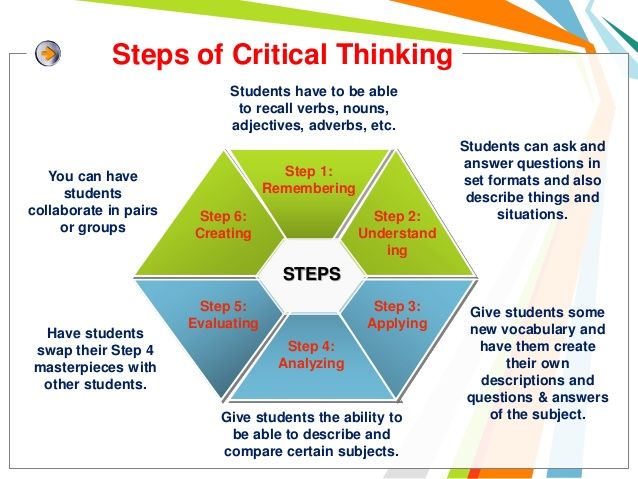 He is likely doing just as many, if not more, things that please me, but I am prone to over emphasize his faults. Sothe more I criticize him for leaving dirty socks on the floor, the more I reinforce feeling irritatedabout the socks on the floor.
He is likely doing just as many, if not more, things that please me, but I am prone to over emphasize his faults. Sothe more I criticize him for leaving dirty socks on the floor, the more I reinforce feeling irritatedabout the socks on the floor.
You may also be unhappy because you feel ashamed or guilty about your critical behaviors.
Now that you’ve identified the ways that criticism is causing problems for you and your relationships, let’s look at how to change.
1. Be realistic.
If you are routinely disappointed by someone’s behavior, it’s best to adjust your expectations. If you don’t, you’re bound to becontinually frustrated.I can’t make my husband pick up his socks, but I can change my thinking so that I either accept doing it myself or don’t feel irritated when I see them on the floor.
2. Look for the positives.
Go out of your way to look for people doing the “right” thing and then acknowledge it a lot. Research shows it takes five positive interactions to reverse the damage of one negative interaction.
3. Don’t take his/her behavior personally.
People make mistakes, get tired and over committed. There are many reasons for your friend or family member’s behavior that has nothing to do with you. Try to assume the best about someone’s choices instead of the worst.
4. Consider whether you need to say anything at all.
There really is some wisdom in the old saying “If you don’t have something nice to say, don’t say anything at all”. Sometimes staying silent is the best option. Leave the room, take some slow deep breaths, and calm yourself down before deciding if you really want to say something.
5. Ask directly and respectfully for what you want.
You won’t always get what you ask for, but you’re much more likely to have your needs met when you ask in a way that will be heard. Instead of criticizing your wife for leaving dirty dishes,calmly and kindly ask hertowash themand explain why it matters so much to you.
6. Manage your own anxiety and stress.

As I said above, criticism isn’t always about what someone else is doing. You can reduce your criticizing by managing your own anxiety and other feelings through a combination of things such as psychotherapy, meditation, exercise, journaling, nutrition, or medication.
I applaud your desire to change and hope these tips on how to stop criticizing will provide a starting place for you. Thank you for reading! I invite you to join me on Facebook and Twitter for more articles and tips on happiness and mental wellness.
*****
Image “Couple Arguing” by Ambro at freedigitalphotos.net
How to Stop Being Critical of Others
"She shouldn't be wearing those pants."
"He is so lazy."
"They're nice, but they're just a little strange."
It's easy to get stuck in a critical mode--where we pick apart what's wrong with people instead of what's right.
But being critical is also a choice, something we can practice not doing. Before I answer how to stop being critical, let's look at what it means to be critical and why people do it.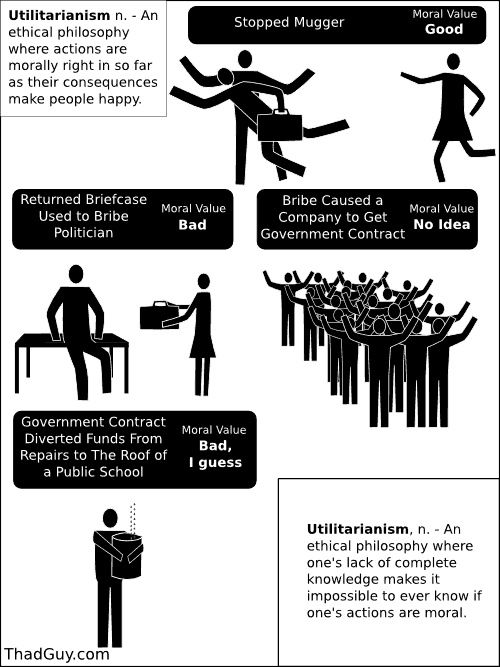 Then we'll break down some fun ways for how to stop being critical of other people.
Then we'll break down some fun ways for how to stop being critical of other people.
What is Being Critical and Why Do We Do It?
If you've ever lowered your voice and whispered a critique about someone, you were critical. You've also been critical if you verbalized someone's faults or described someone's weaknesses or imperfections.
Apparently, Oscar Wilde once said that criticism is the only reliable form of autobiography. It reveals more about the critic than the one being criticized.
In psychology, criticizing is linked with ego-protection, which means that people criticize others because of a perceived personal weakness. I might criticize someone's house because of my exaggerated concerns and worries about my own feelings about being successful. Or I might criticize someone's appearance because of my own insecurities.
In improvisation, we are taught not to be critical or judgmental of our fellow players. Focusing on people's weaknesses makes us less likely to notice and improve the good things they're doing on stage.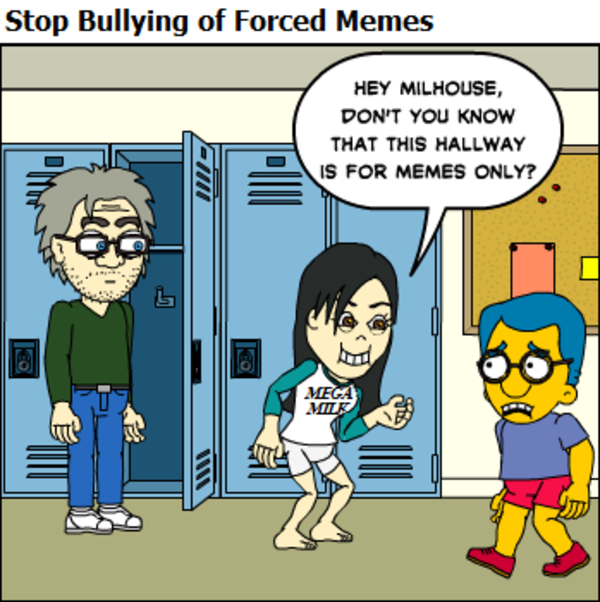 It also erodes the trust between us that allows us to take risks while improvising, risks that make improv more fun and engaging.
It also erodes the trust between us that allows us to take risks while improvising, risks that make improv more fun and engaging.
For example, if I roll my eyes and think about how Beth never says anything funny, I might miss Beth saying something funny. I'm also much less likely to add onto something Beth says to make it funnier. Also, Beth is probably going to feel some of my negative I-don't-like-Beth energy and start to clam up when she takes the stage with me.
Instead, I need to treat all my teammates like geniuses and superstars. This way, I'm priming myself to see the good and to do whatever I can to make them look even better. Going back to psychology, it's the difference between giving feedback and doling out criticism. Feedback's intention is to make someone look good and help them improve. Criticism's intention is to put someone down to make you feel better about yourself.
Criticism Versus Feedback
There's a problem with this feedback/criticism distinction though. Many criticizers disguise their criticism by saying that it's feedback.
Many criticizers disguise their criticism by saying that it's feedback.
That rude comment about Camille's nose job? I was just giving her some feedback.
Snide remark about Pat's weight? Feedback, man.
Snarky joke about Chris's contribution to the group project? Just giving you some feedback, Chris.
These examples are 100% criticism. They're not feedback at all.
Feedback is about allowing people to make their own choices, focuses on improvement and the future (not the past), and is about behavior (not the person).
Criticism is about blaming and devaluing people.
So let's take a look at how to stop being critical.
Play Your Way Sane
Based on my research on improvisation, I've developed twelve lessons for life. The lessons break down topics such as how to become more mindful, playful, and positive.
I've created what I call everyday games within each of the twelve lessons. The games are fun ways you can practice the lessons as you go about your everyday life. There's no need to take a class or form a team. It's like solo improv exercises for the person on the go.
There's no need to take a class or form a team. It's like solo improv exercises for the person on the go.
Thou Shalt Not Be Judgy
The fifth Play Your Way Sane lesson is "Thou Shalt Not Ne Judgy." And it's all about playing our ways less judgmental of others. I catch myself being judgmental and critical of others all the time. I recognize that this says much more about me than them, so I've come up with everyday games to help myself break this judgmental habit.
Here are six exercises that will help you be less critical of others.
1. I Got Your Back
Right before improvisers take the stage, they often do a ritual where they pat each other on the backs and say, "I got your back."
This is reinforcing and reminding everyone that while onstage everyone will be looking for the positive in others and trying their best to make everyone look as good as possible.
I love this idea and wish more of us had each other's backs in real life.
This everyday game is about telling as many people as possible that you have their backs. ..and meaning it. Finding the context to say it may be a challenge, but I want you to sincerely proclaim "I got your back" to as many of your fellow humans as possible today.
..and meaning it. Finding the context to say it may be a challenge, but I want you to sincerely proclaim "I got your back" to as many of your fellow humans as possible today.
2. Try Something Else Not Judgy
There's another improv game where a moderator stops a scene and tells one of the improvisers to try something else. It's called "New Choice," and it's a good reminder that our first choice doesn't have to be the only choice.
So the next time you catch yourself being critical, tell yourself to make a new choice and try something less critical.
3. Just Ask
Being critical is often about making assumptions. To stop yourself from making an ass out of u and me, I want you to just start asking.
Instead of talking smack about Rebecca's relationship, go right to the source and ask Rebecca how everything's going. Be sincere and caring. Have her back as you get the real tea. And then keep it to yourself.
If someone else wants to know more about Rebecca, they should go directly to the source, too.
4. Curious Detective
I like playing make-pretend, and this next everyday game is a great way to do exactly that.
Curious Detective is about pretending you're a detective and gathering as many clues about people as possible. Once again, it's about gathering facts instead of making assumptions. This will help you be less critical and judgmental by forcing you to be more curious about others.
5. How Do You Know?
A mantra I tell myself when I catch myself talking shit about others is "How do you know?"
When I catch myself being critical and judgmental of others, I ask myself, "How do you know?" This reminds me that I don't know everything about other people's experiences and that speculating behind their backs is not productive or helpful.
6. If You Can't Say Anything Nice
If all else fails, go back to the game your parents probably taught you when you were a kid. If you can't say anything nice, don't say anything at all.
Stop yourself before any criticism spews from your talk hole.
How to Stop Being Critical
Being critical is addictive. It can be hard to stop it and replace it with more productive thought morsels, but it's definitely possible.
That's why I love turning the process into games. I'm much more likely to practice being less critical when the process is fun.
Think feedback instead of criticism. Try to learn as much about people as possible and be genuinely curious about what makes them tick. Allow their thoughts and feelings to be different from yours. We're all different, so imposing our agenda on others isn't helpful or realistic.
Then, try to help them look good. Instead of tearing people down, think about how your feedback can empower them to improve and succeed.
Figuring out how to stop being critical of others doesn't have to be drudgery. I hope my everyday games will make the process more fun, but it does require practice. And remember, if all else fails, put your hand over your mouth and shut the hell up. It's better to be silent than to be critical.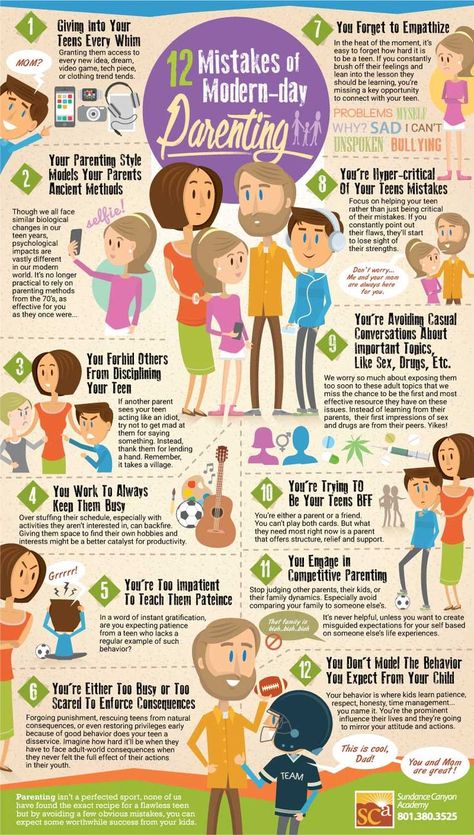
I also developed the Positivity Challenge to help people track how often they're negative and practice being more positive.
And for over 100 more improv-inspired exercises, check out my new book Play Your Way Sane!
7 ways to be less critical of others
You can't do anything with yourself, but lately everyone annoys you and something bothers you on almost every person. Do you want to spend the rest of your life as a petulant critic, or would you like to try some tips on how to be more tolerant of others?
Let's be honest; criticizing and judging is much easier and faster (and more fun) than looking for positive qualities. But, if you're tired of looking down on everyone and would like to finally start treating others more condescendingly, try applying some of the following tips.
1. Empathy, sympathy, understanding
Before judging and criticizing someone, try to put yourself in his place. Maybe then you will understand why he behaves in such a way, and wait a little with judgments.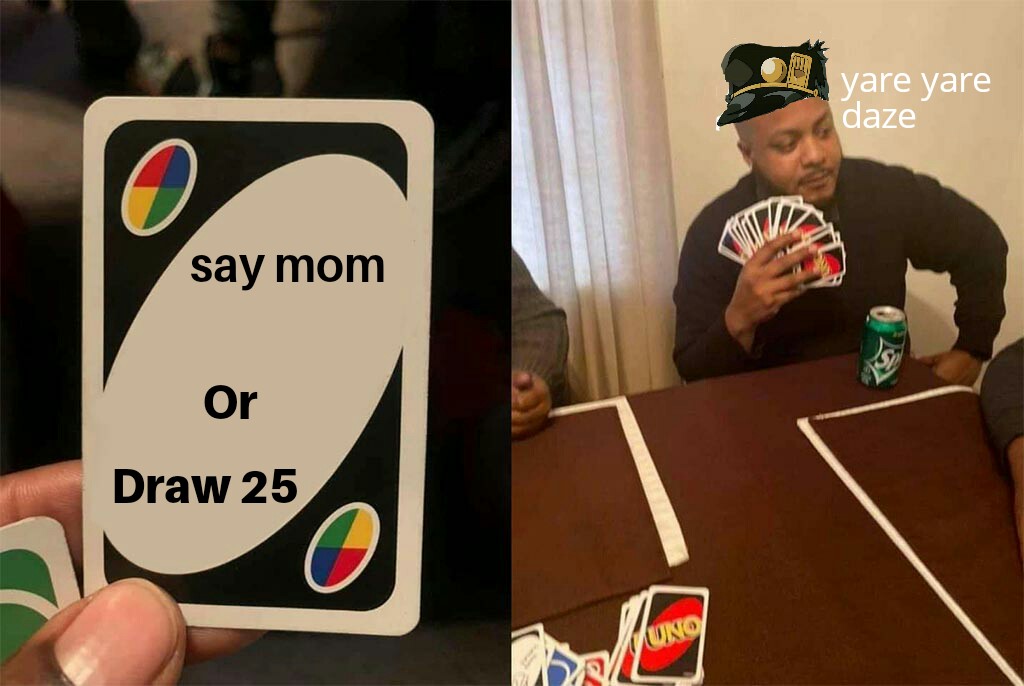 Until you can find yourself in the skin of another person, you will behave like a small child who is naturally self-centered.
Until you can find yourself in the skin of another person, you will behave like a small child who is naturally self-centered.
2. Don't play boss
Remember that you are not the boss of other people, and no one has given you the right to judge them and make decisions for them. Similarly, remember that in most cases, a certain person knows much better than you what is good for him and what he wants to do. And always keep in mind that this is his life and he lives it, not you.
3. Gather the facts
Gather all the facts together before you start slandering and criticizing. Rumors and misinterpretations are created from partial information, which you needlessly shed in a negative light. If you want to judge others, first collect all available information and then criticize.
4. Praise instead of criticism
In any person you can find something worthy of praise. Instead of focusing on things you could criticize for, look for things to praise and focus on that.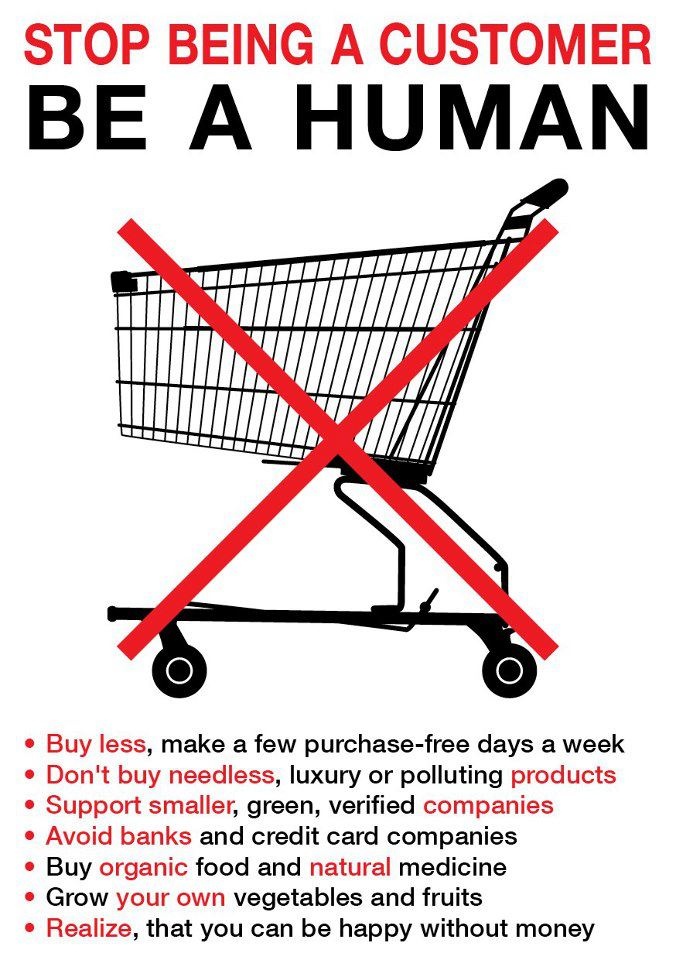 This method is especially effective for children, in whom you will achieve more motivation with praise than with criticism. At the same time, you yourself will avoid stress, and will not overwhelm yourself with negative thoughts.
This method is especially effective for children, in whom you will achieve more motivation with praise than with criticism. At the same time, you yourself will avoid stress, and will not overwhelm yourself with negative thoughts.
5. Be positive
You may swear constantly, spread bad vibes around you, and have a reputation for completely draining the energy of others. Or you can change your mindset to be more positive and try to look at things from the bright side. You yourself will be happier.
6. Identify the difference between criticism and advice
Do you just want to give advice, but are you really criticizing others? People often do not distinguish between criticism and advice and, instead of expressing support for the people around them, evaluate them negatively. Learn to give advice without being critical.
7. Be satisfied with yourself
Most people who criticize and slander others are not satisfied with their lives. The inability to control their own life and direct it in the right direction creates a stressful situation for them, and they can “pour out” their frustrations on others. Learn to love yourself and the world around you will start to look more positive.
Learn to love yourself and the world around you will start to look more positive.
Victoria, www.vitamarg.com
9 tips for perfectionists: how to stop criticizing yourself
The tendency to self-criticism is one of the main characteristics of perfectionists. We never feel like we're good enough. We are never satisfied with the result and the effort invested. We set unrealistic demands on ourselves that we simply cannot meet. This serves us as proof of our inferiority compared to others.
You might say that we should be tougher on ourselves, because it motivates us to become better. But criticism more often causes shame, rather than increases motivation. It strikes at our self-esteem. By scolding ourselves, we cannot improve.
Many of us find it easier to love others than ourselves. We self-flagellate, maintain unhealthy relationships, ingest toxic substances, and mutilate our bodies, all because we believe we are “different” and this makes us inferior, not just imperfect people, quite worthy of love and respect.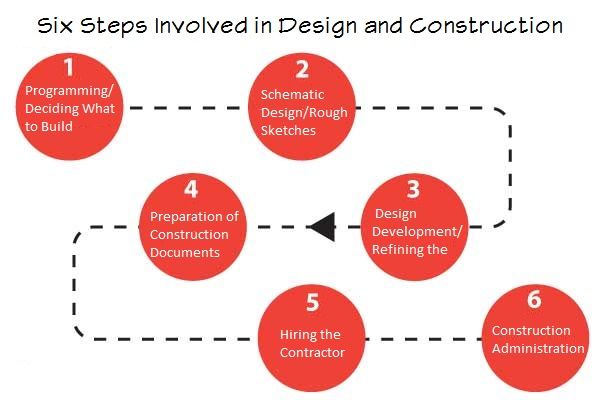
These nine ways can help you silence your "inner critic."
1. Adjust unrealistic expectations. It is impossible to do everything perfectly. Hoping that you will succeed, you only doom yourself to inevitable disappointment. Focus on progress, not on an unattainable ideal.
2. Recognize your strengths. Perfectionists are so strict with themselves that they often forget about their own merits. You don't have to be able to do everything, but you can do a lot.
3. Recognize your weaknesses and shortcomings. Of course, in addition to strengths, each of us has enough shortcomings. We cannot fix them alone, and it remains only to accept them. And others can be eliminated by working on yourself. But in any case, we should not be ashamed of them or think about them endlessly. Nobody's perfect.
4. Our value goes beyond success. If we think carefully about what is really valuable and important in life, we will understand that people can be generous, loving, caring, creative and hardworking, but they are not necessarily successful or winners.
5. Learn from mistakes. Try to see them not as failures but as opportunities for learning, growth and development.
6. Don't expect others to prove your worth. First of all, it is important that you value yourself. If your self-worth depends on the opinions of others, you are handing over power to them. Value your opinion.
7. Stay away from negative people. If someone refuses to treat you with due respect, you have the right to end contact with that person. It's hard to end an unhealthy relationship when you yourself feel like a failure and feel like you really deserve to be treated with disrespect. It is necessary to fight both "internal" and "external" critics at the same time.
8. Learn to treat yourself with compassion and forgive yourself. Most do not like to talk about their failures, defeats and self-doubt, so you can decide that everyone is fine and only you have a lot of problems and failures.
